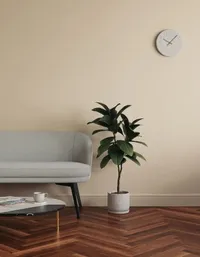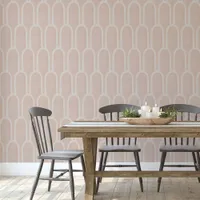Decorating with beige – 9 ways to embrace this surprisingly versatile color in your home
Decorating with beige can actually be more creative and fun than you'd think. Here's how to do it right

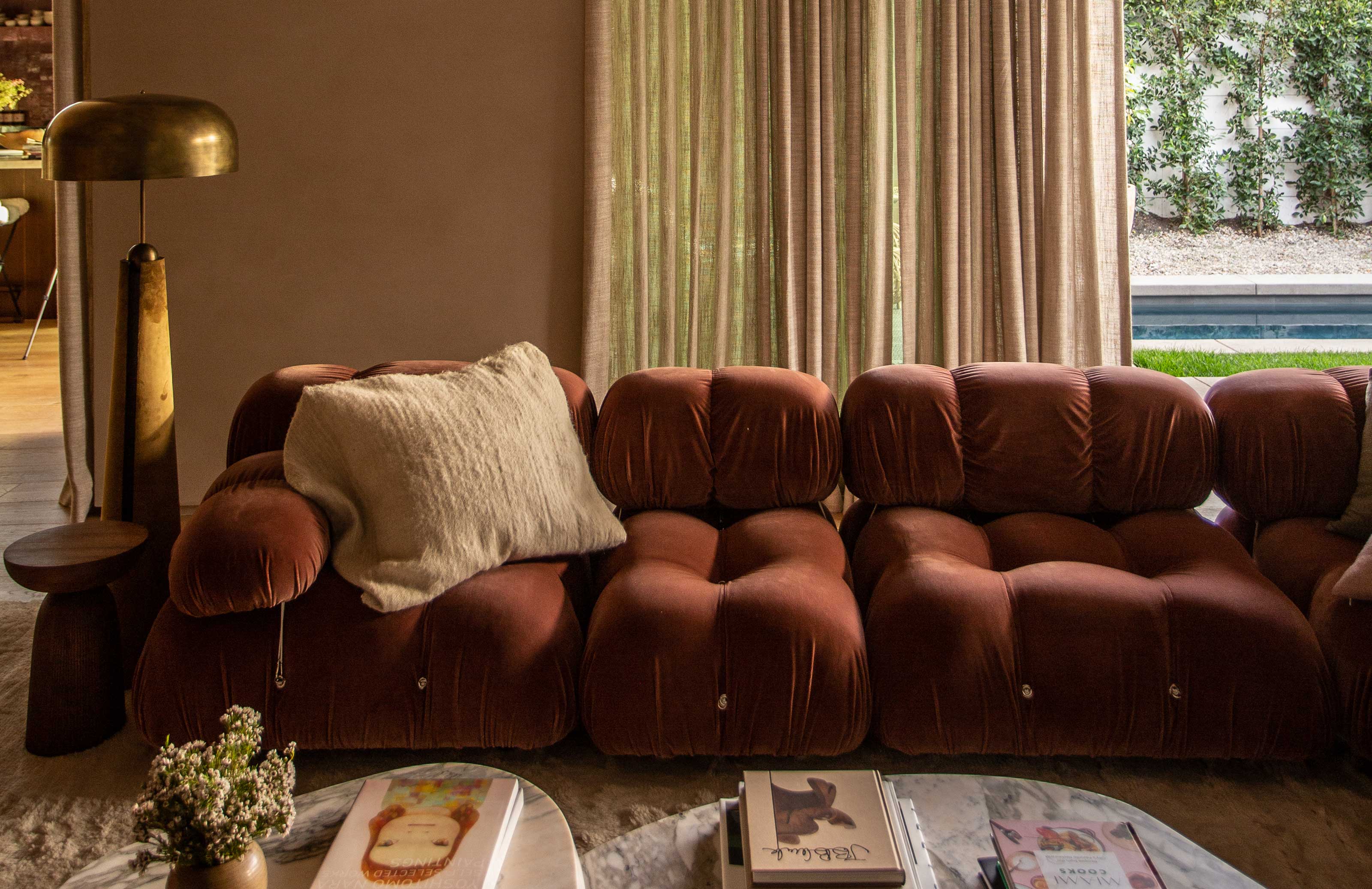
Decorating with beige might not sound like the most exciting approach to your home, but there's more to it than just insipid interiors. Often considered a plain, dutiful hue, too often used as a 'default' for walls, recent trends have proved that beige can be surprisingly versatile.
Pair it with dark tones, and it sets the tone for an elegant space, while there's an unexpected number of colors that go with beige, from deep rich tones to vibrant, playful hues. Use it on furnishings or textural materials, and it adds an earthy, warm touch to spaces. Beige can be infinitely subtle and also help lift a scheme to create drama.
Plus, it's a color that can be adapted to all kinds of homes, from sleek modern spaces to wild, eclectic boho interiors. To start your journey of embracing beige in your home, explore these expert ideas from the professionals.

Aditi is a homes writer and editor with several years of experience. Her articles, backed by expert insights, offer suggestions aimed at helping readers make the best home design choices
How do you decorate with beige?
Beige is used as a term to cover a significant spectrum of hues, from nearly brown to very pale cream. Beige can have warm yellow undertones or pink undertones or sometimes even be nearly grey.
The color has a calm, evoking quality and, as mentioned, many colors go with beige. Layering this hue creates a soft look; as though walking into a room made of cashmere. When paired with natural materials, it creates a cocooning atmosphere. Alternatively, it works perfectly with bright white trim, creating a crisp interior.
'Not quite stark white but definitely without the dark visual weight of organic browns, the color beige provides that warm background, giving us a blank slate and warmth to work with,' explains Brooklyn brownstone interior designer, Jarret Yoshida.
1. Choose the right undertone
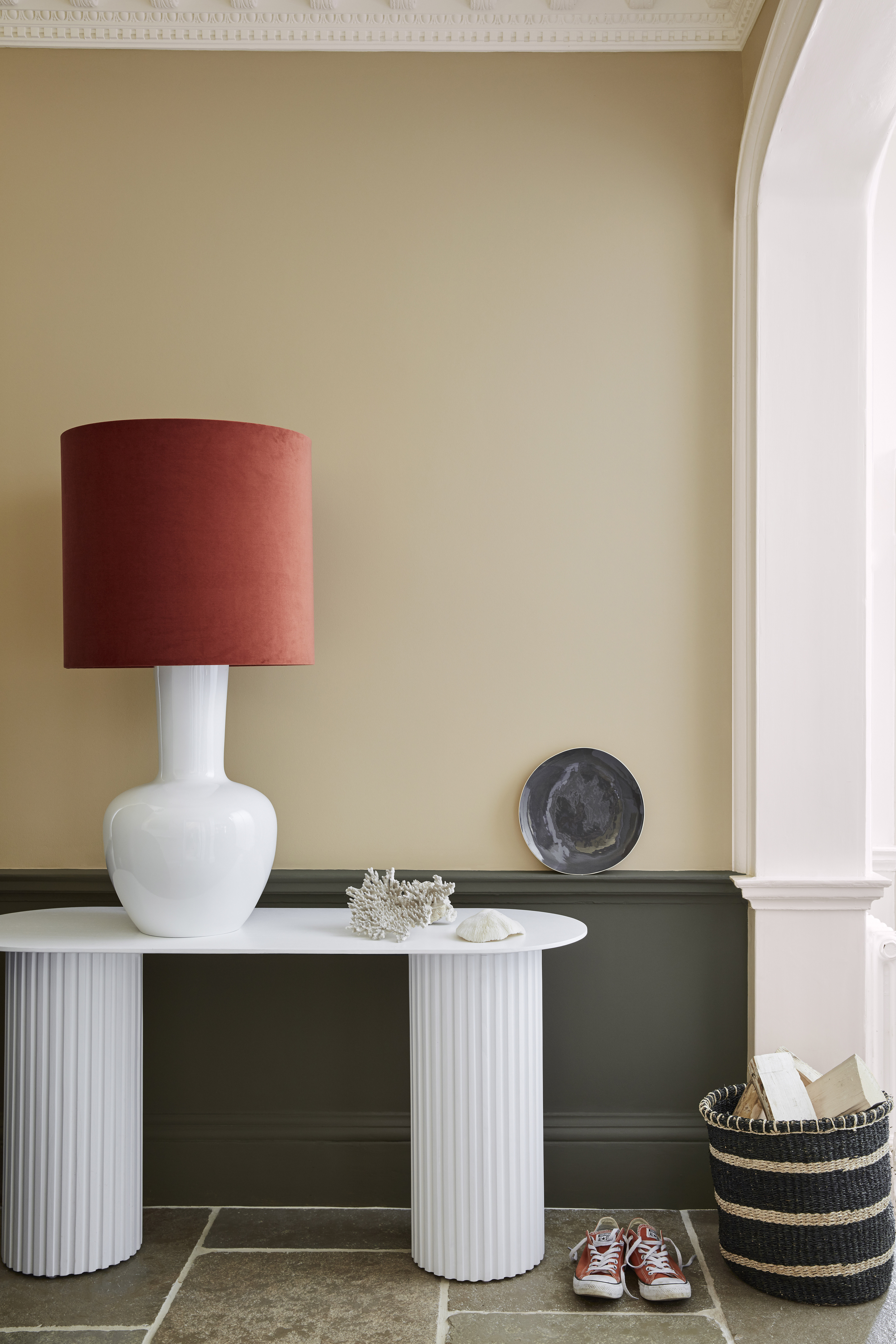
One thing to keep in mind is the paint undertone you choose for beige, as when choosing neutrals, these small variations can make a big difference to your space. Beiges tend to be on the warmer side of the spectrum, even when nearing greige in color, but the difference between a beige with yellow and red undertones can mean the difference between a modern beige or slightly-dated magnolia tone.
The Livingetc newsletters are your inside source for what’s shaping interiors now - and what’s next. Discover trend forecasts, smart style ideas, and curated shopping inspiration that brings design to life. Subscribe today and stay ahead of the curve.
A warm beige can add a little warmth but remain steadfastly modern, while pale beiges are a great alternative to bright white in modern spaces.
'We like to look at the pigment and depth of color in a paint as too often a shade will have too much grey or brown as undertones which can then be challenging when adding the layers of furniture and finishing touches,' says Tom Cox, founder of HÁM interiors. 'We prefer the warmer tones of these hues.'
Looking for a neutral but not stark, clinical white? Consider this caramel-like, warm beige that looks modern and creates a cocooning look, especially with wall drenching.
2. Introduce beige in soft furnishings
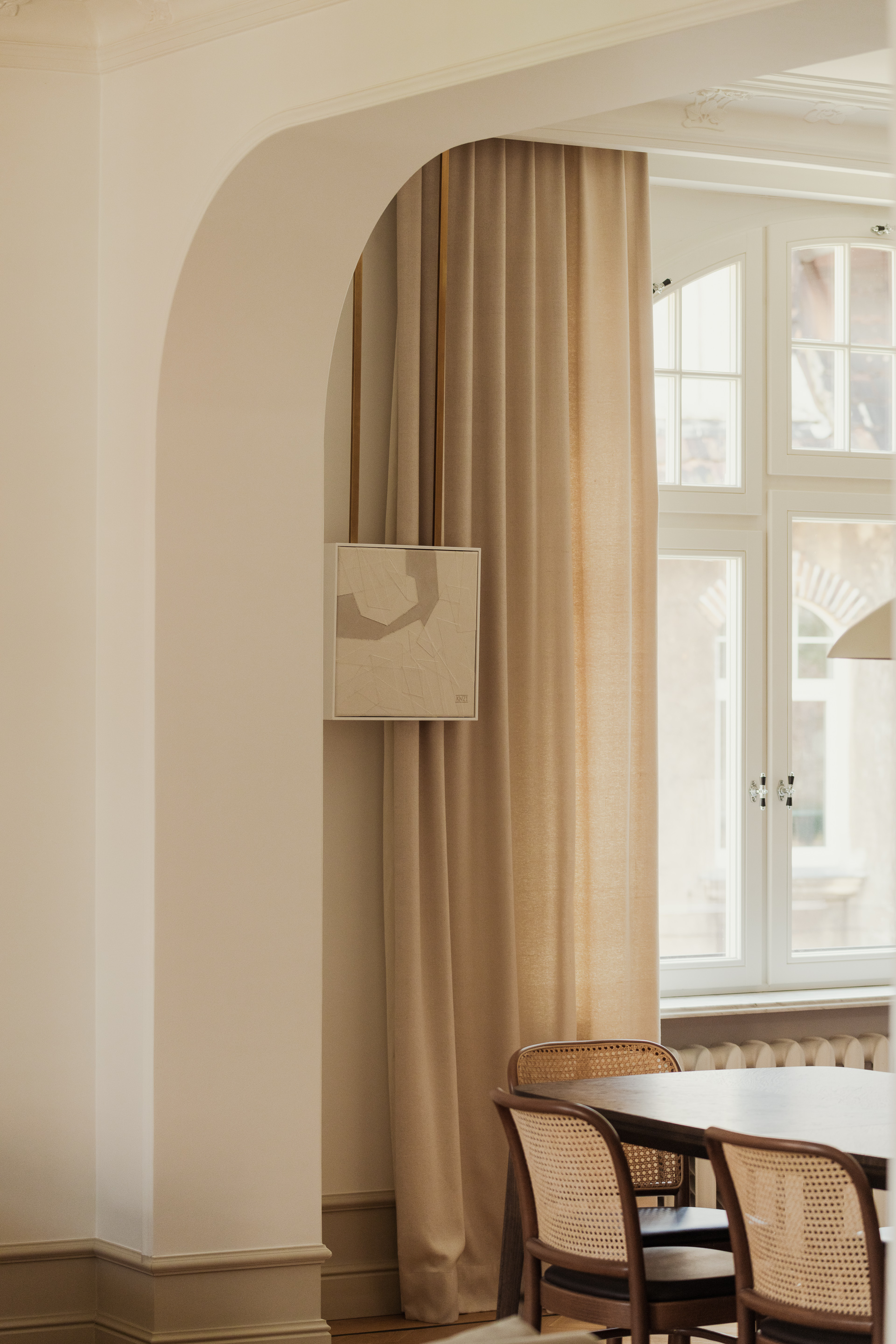
One way of decorating with neutrals like beige is by using it in furnishings – think cushions, sofa upholstery, bedding, or even curtains. Using this hue will give the room depth, and even provide the perfect foil for other colors and textures to emerge. It’s a traditional meets eclectic style, and can help lift the scheme if it feels too flat and drab.
'Pared-back and neutral textures are the perfect backdrops to a beige-toned space,' says Ruth Mottershead, creative director at Little Greene. 'Consider bringing in pale wood, rattan, plenty of soft white linen, sleek furniture with a mid-century twist, and monochrome lighting and accessories to complete the look.'
3. Pair it with bright colors for an eye-catching look
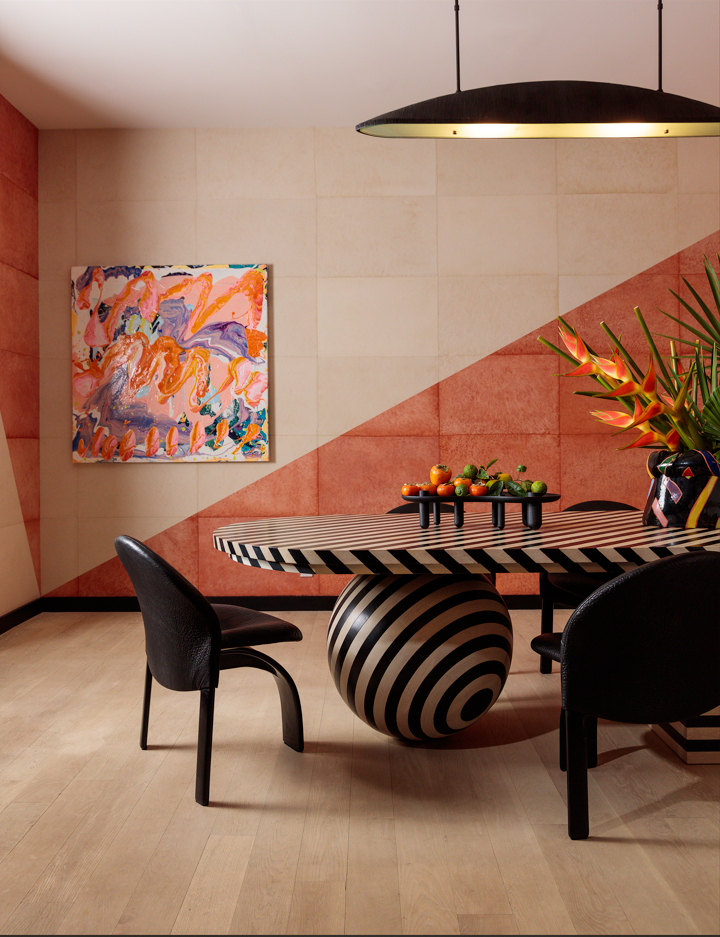
While you might see beige most of used in an all-neutral scheme, it's a color that can really come alive when paired with bolder hues. Bringing in contrast when using beige helps to mitigate the scheme from looking too 'muddy'.
So what goes well with beige? Warm, yellowy beiges look particularly nice with teals and turquoise. A true red will look vivid and elegant next to a darker warm beige. Pink and beige also look lovely, no matter the undertones. The contrast will give the space character, and energize its vibe.
'In a beige living room, consider adding jewel tones such as amethyst, citrine, garnet, and lapis to add a bold shot of color without overwhelming,' says Reena Sotropa, founder of Reena Sotropa In House Design Group.
4. Layer with other earthy tones
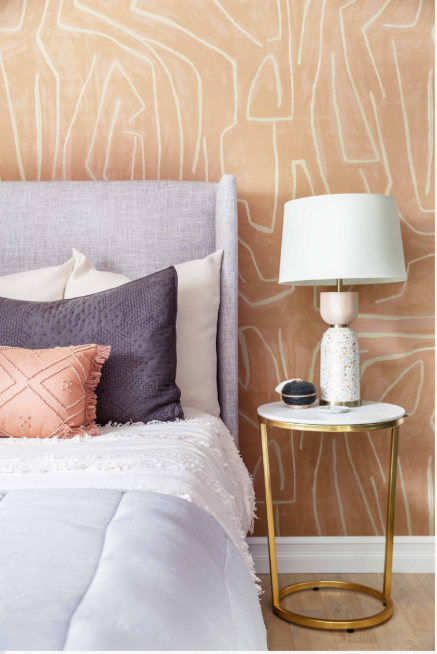
There are all kinds of tones of beige – think ecru, buttermilk, biscuit, oatmeal, vanilla, almond, camel, sand ivory, or eggshell. This gives you an instantly harmonious palette to explore, and when paired with other warm neutral tones, it can create a sumptuous interior.
Play with contrast across these tones and consider this dark and light scheme for an earth-tone bedroom or living room.
This bedroom design is a perfect example of how an all-neutral space doesn't need to be boring. 'In this otherwise neutral space, we decided to instantly transform its look with the addition of this beige-toned Kelly Wearstler wallpaper which was strategically chosen to add warmth, color, and pattern without overwhelming the small space,' says Reena.
Peel and stick wallpaper from Amazon
Live in a rental yet want the luxury of a wallpaper? A great way to include this accent piece is with a peel and stick wallpaper, available in several wonderful hues and patterns. This one in light beige-pink can add a modern touch to your bedroom or dining room.
5. Create a minimalist look
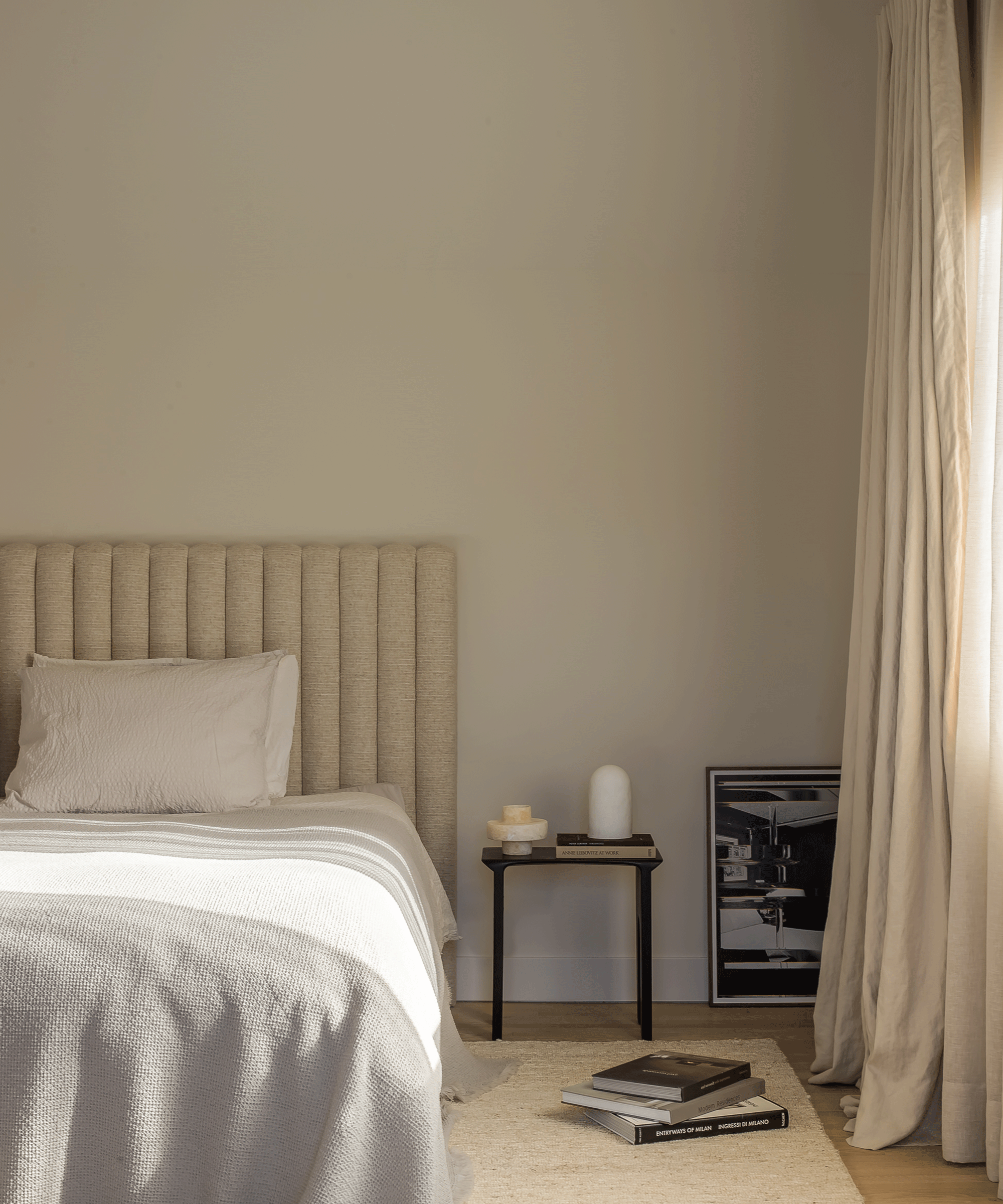
A beige color scheme is a big part of the modern take on minimalism in interior design. While a true white could make a space seem too clinical and cold, its warm companion, beige can make a room feel homely, and cozy yet pared back. Add a few meaningful items, and you have yourself, a sleek, elegant, and organized-looking home that embraces warm minimalism.
6. Introduce beige via texture
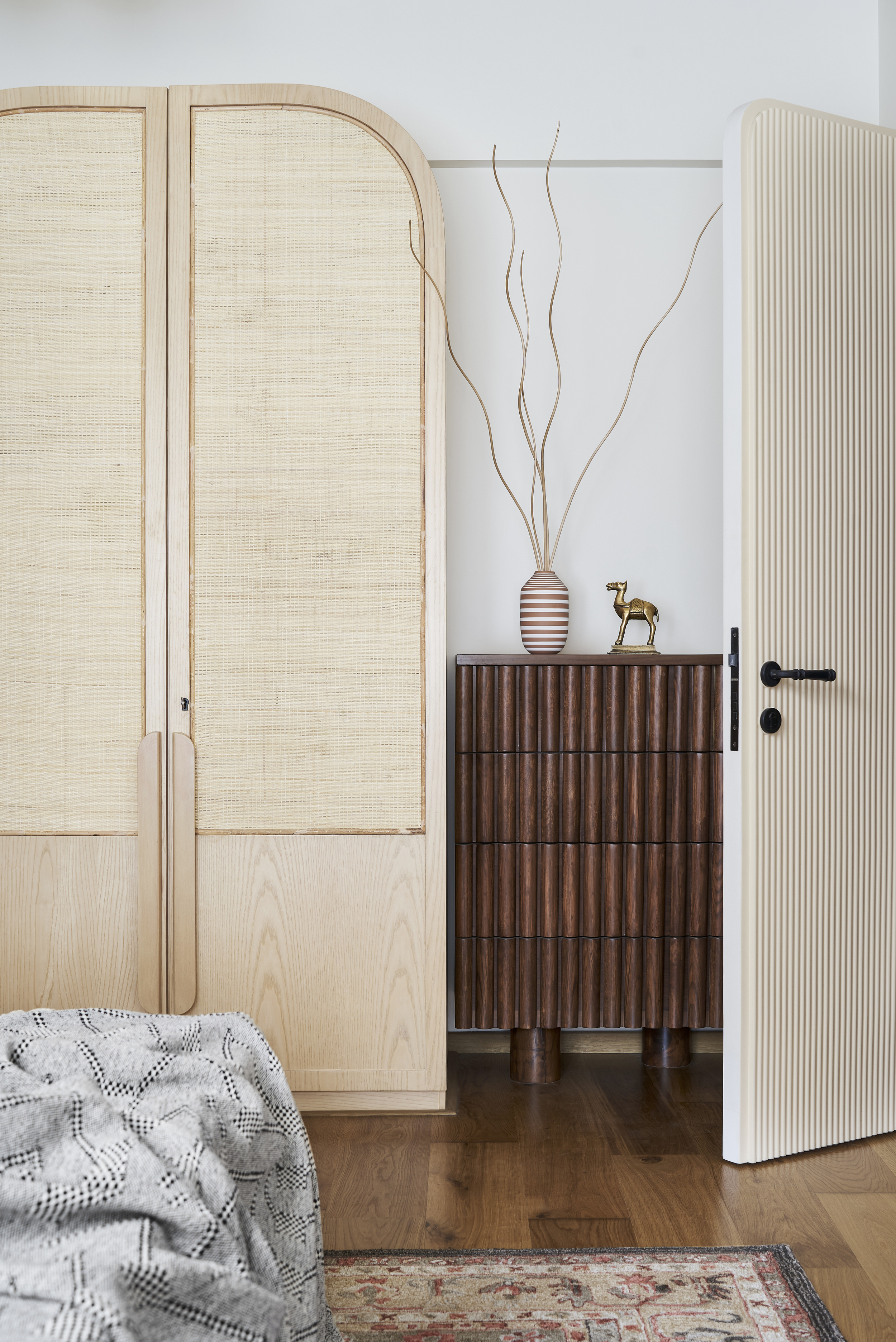
Decorating with beige doesn't just mean choosing it as a paint, wallpaper or textile color. It's a color that lends itself perfectly to a natural look because many natural materials come in this color.
Think cane, jute, blonde woods - all have distinctively different textures that can be layered for a rich and interesting scheme. 'One excellent way to compile an earth tone living room is pairing being with hues from nature,' agrees interior designer Sarah Barnard. 'Punctuations of brighter colors found in nature, from mustard yellows to floral pink hues, can help to introduce vivid moments of color with beige.'
7. Draw attention to architectural details with beige
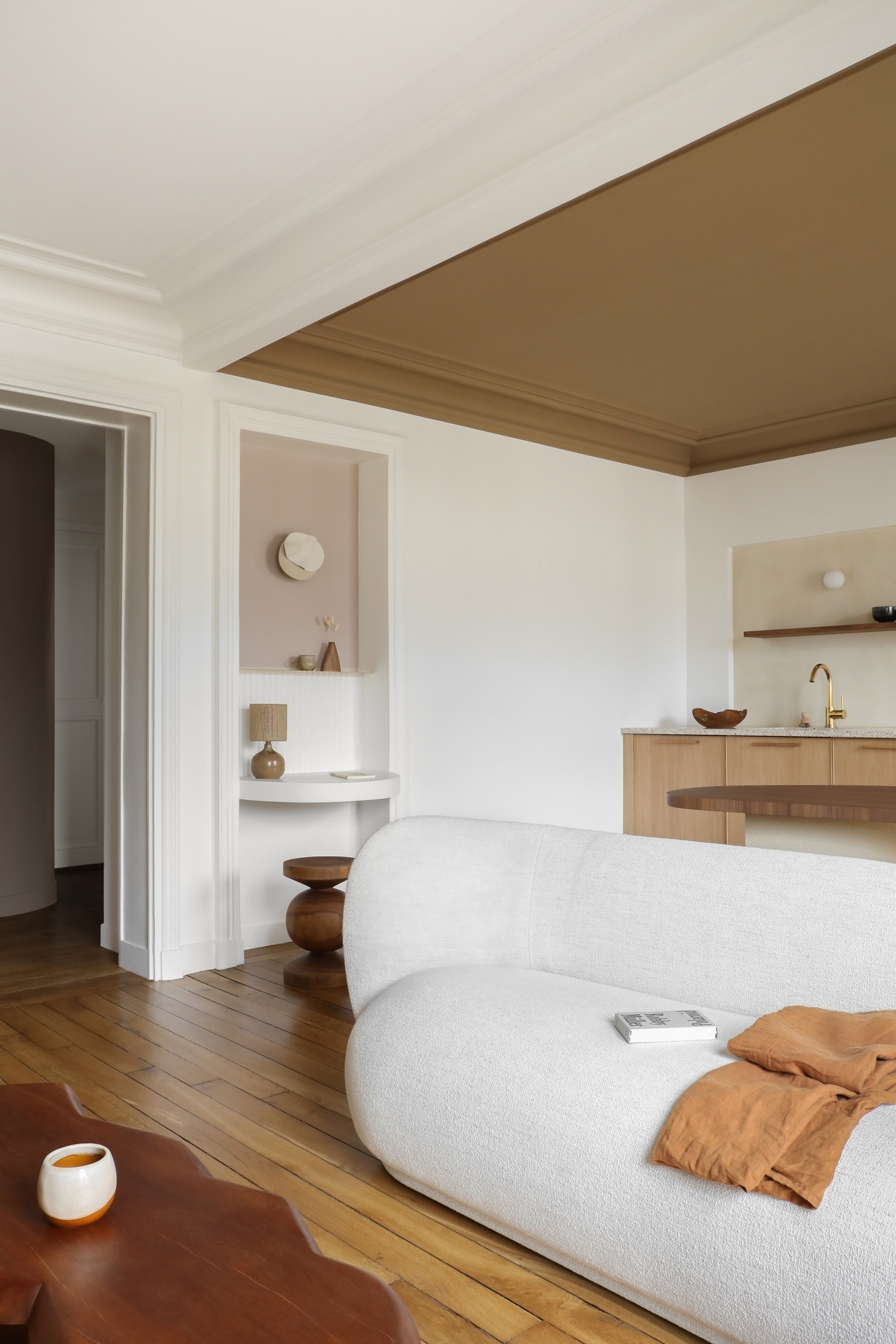
Have beautiful crown moldings, eye-catching wainscoting, or wall paneling in your home? Don't let these wonderful architectural features go to waste. Draw attention to them, but do it subtly and elegantly.
Consider painting them in warm neutrals such as beige, so that the soft tone attracts the onlookers, making them notice the detailing without a loud statement. To give the ceiling or wall moldings more focus, consider painting the skirting white for a nice, crisp contrast.
8. Consider tactile paints to give beige character
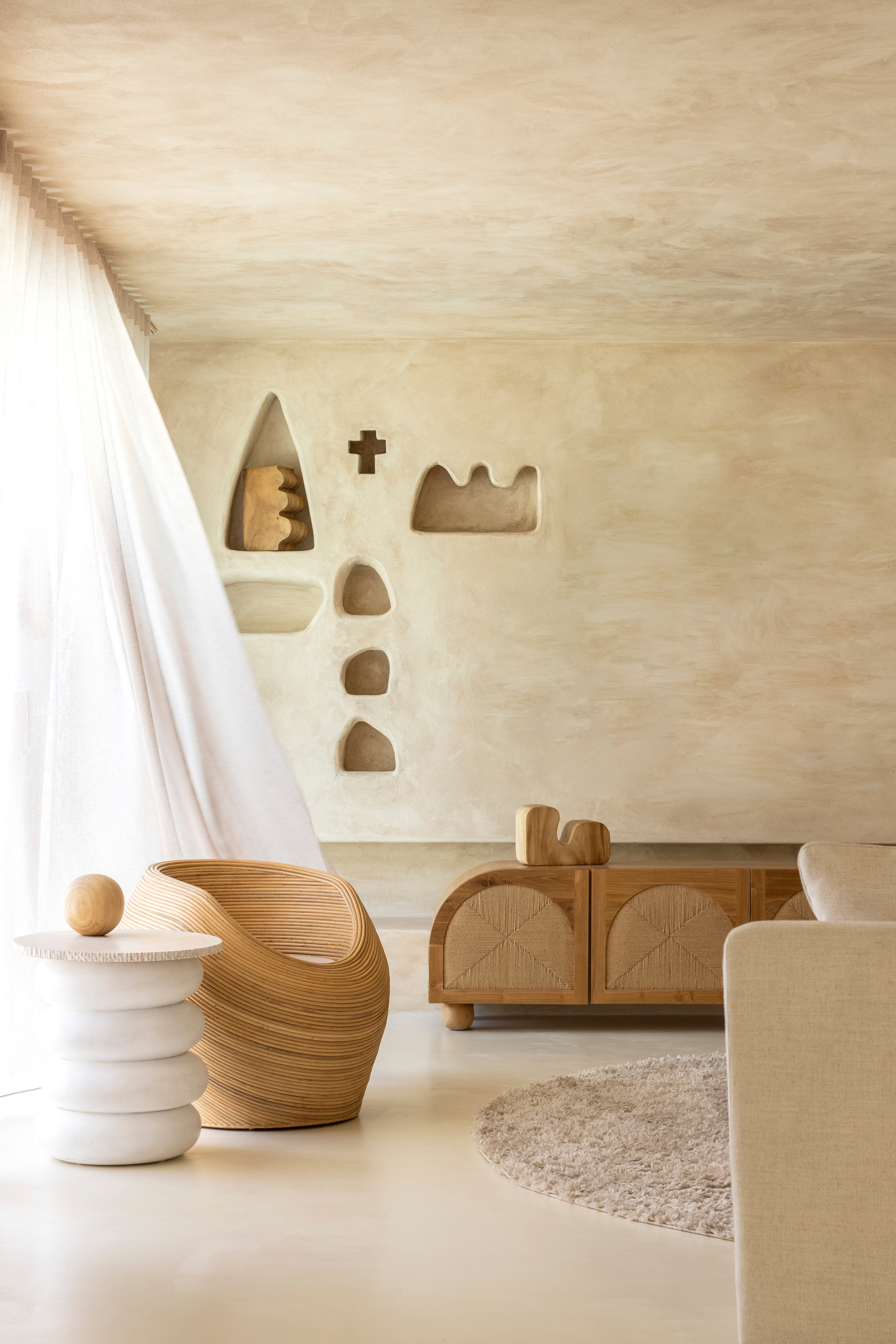
Largely, paint choices and options are aplenty, but when it comes to using beige, you want to make sure it looks dynamic and versatile in the space, lifting it, and making it seem eye-catching.
To make your paint a real feature of your design, then consider limewash paints. These are earthy and rich in texture, and usually free of solvents, are made from natural lime and natural pigments. Not only is this paint finish an eco-friendly option, it is also a way to bring a modern texture to walls.
9. To accentuate the scheme, bring in metallics
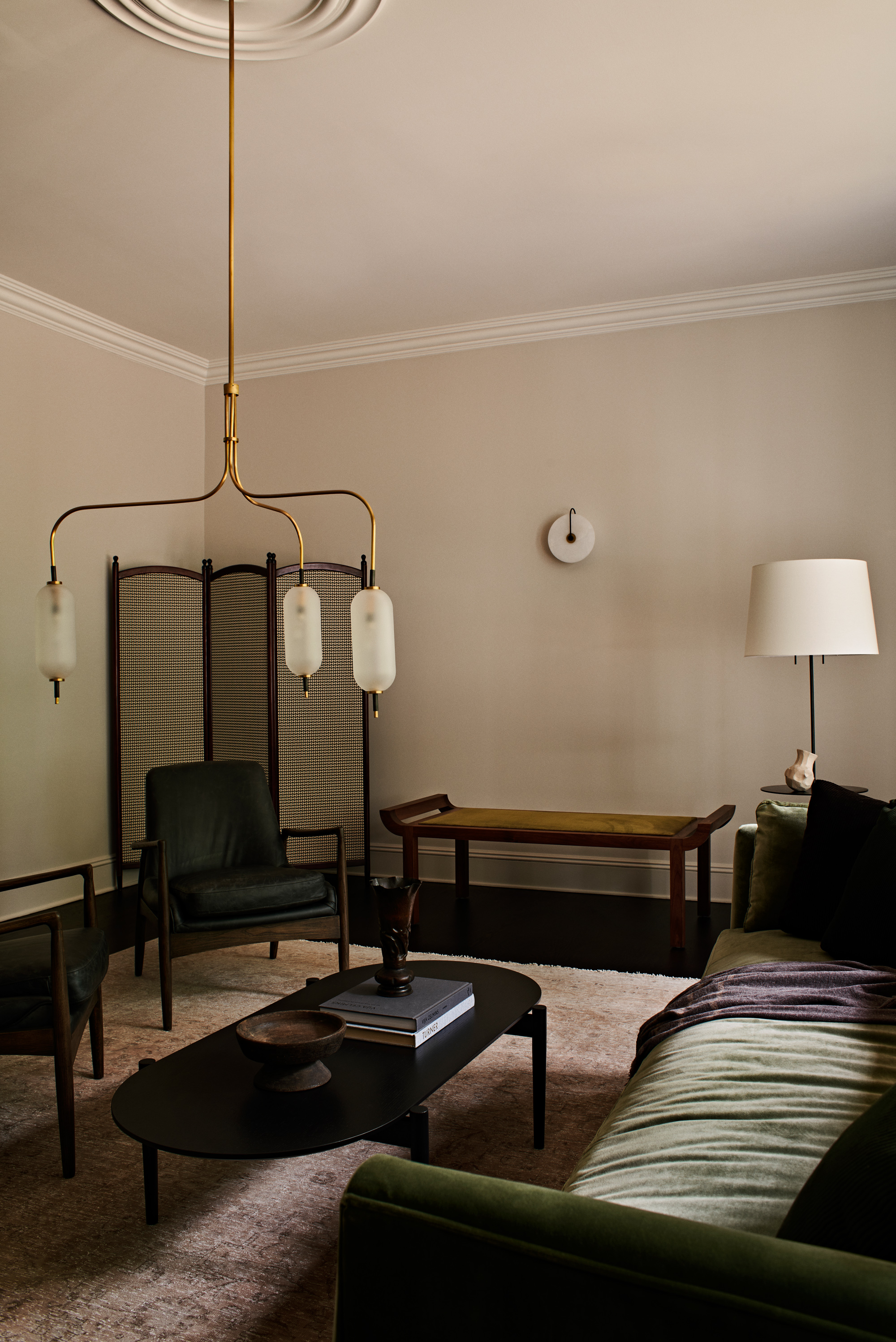
Introducing hints of metallics is an easy way to bring life and warmth to a beige scheme. Plus, several colors go with gold and silver, and one among them is beige. It is a softer take on white, plus using neutrals with golds is a great way to make the shimmering color feel like a more natural part of a space.
'While many of our clients looking for soft monochromatic schemes for their principal suites these soft schemes are not for everyone,' says Reena. 'Some of our clients can’t resist adding personality with a pop of bold color to their space. Rich metallic tones can be the perfect way to add depth and sophistication.'

Aditi Sharma Maheshwari started her career at The Address (The Times of India), a tabloid on interiors and art. She wrote profiles of Indian artists, designers, and architects, and covered inspiring houses and commercial properties. After four years, she moved to ELLE DECOR as a senior features writer, where she contributed to the magazine and website, and also worked alongside the events team on India Design ID — the brand’s 10-day, annual design show. She wrote across topics: from designer interviews, and house tours, to new product launches, shopping pages, and reviews. After three years, she was hired as the senior editor at Houzz. The website content focused on practical advice on decorating the home and making design feel more approachable. She created fresh series on budget buys, design hacks, and DIYs, all backed with expert advice. Equipped with sizable knowledge of the industry and with a good network, she moved to Architectural Digest (Conde Nast) as the digital editor. The publication's focus was on high-end design, and her content highlighted A-listers, starchitects, and high-concept products, all customized for an audience that loves and invests in luxury. After a two-year stint, she moved to the UK and was hired at Livingetc as a design editor. She now freelances for a variety of interiors publications.
